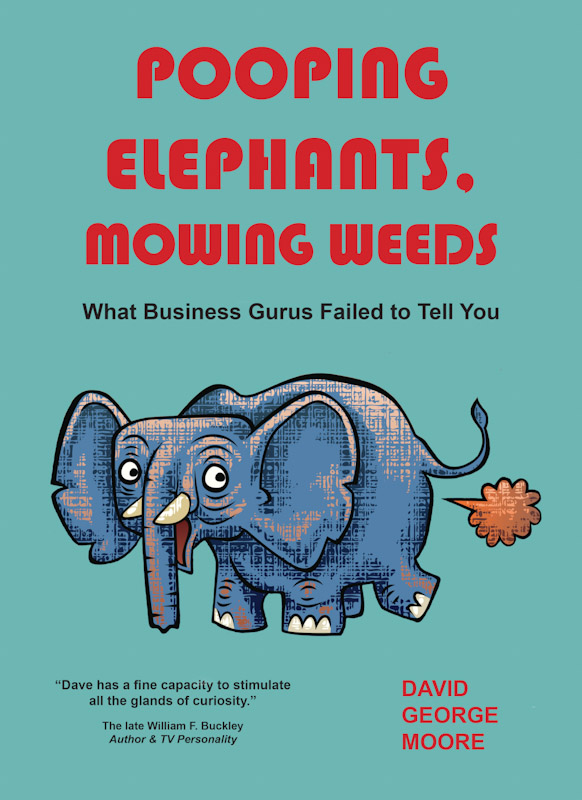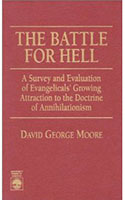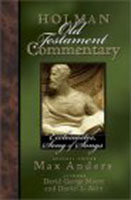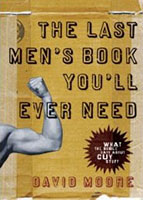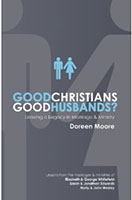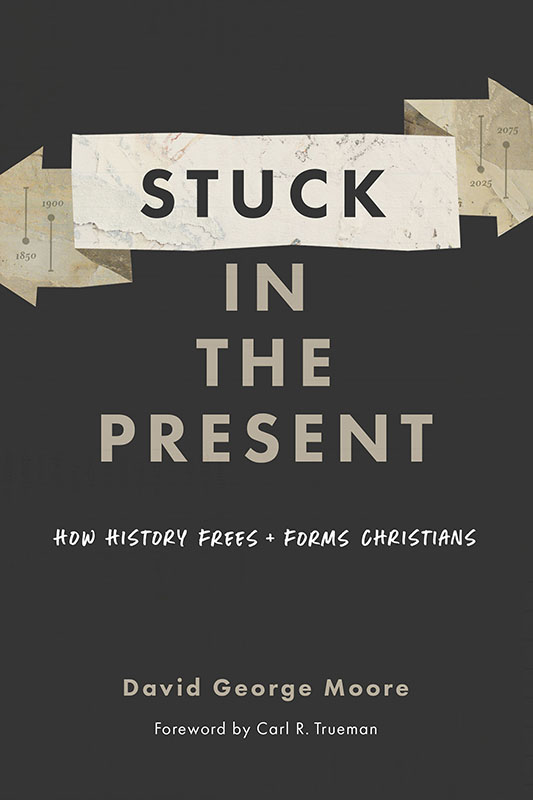
Stuck in the Present
LOST IN THE CHAOS
One of RJ Snell’s earlier books was one of my favorite books the year I read it. It can be found here:
I know it sounds abstract and dense, but it is beautifully written and worth the effort.
Snell’s latest book is Lost in the Chaos: Immanence, Despair, Hope. Immanence (popularized by Charles Taylor) is basically the idea of living from a frame of reference that is only horizontal. There is no transcendence or at least you can’t be sure that there is.
Snell’s book is divided into three sections: a description of the “immanent frame,” how people try to find meaning bereft of the transcendental, and last, where hope can be found.
I found the first two sections brilliant and incisively argued. Snell’s description is one of the best I’ve read.
Unfortunately, I was disappointed by the third section. Snell clearly sought to be rigorous and honest in how to best address our malaise, but I’m afraid his rather dense philosophizing got in the way of making this work.
I’m still very glad I read this book!
FAVORITE PLACES TO READ
Pebble Beach Golf Course: Back Patio
Oxford, England
Cape Cod, Massachusetts
Mundelein Seminary
Austin Seminary
Café Mozarts (Austin, Texas)
Half Moon Bay Ketch Joanne
Martha’s Vineyard
Tatte in Cambridge
YOUNG BEN FRANKLIN: THE BIRTH OF INGENUITY
I recently finished Bunker’s Young Ben Franklin. I made over 160 notes made in the margins.
There were spots where it dragged a bit at times, but I am very glad I made it to the end.
The epilogue, though only five pages long, is one of the most motivating things I’ve ever read on aging! Franklin was resilient when many friends and family died at much younger ages, kept making new friends, and was insatiably curious to the very end of both the humanities and science. Very motivating!
One disappointment: Though Bunker does not have a lot to say about George Whitefield or Jonathan Edwards, his treatment of both is questionable at best.
GLORIOUSLY ANALOG
I know of at least four eminent historians who write out their research on either 4×6 or 5×8 notecards. I have interviewed both James McPherson and Allen Guelzo. I have read a Gordon Wood book. I plan to read Ron Chernow in the near future. Here Chernow says that he made 25,000 4×6 cards before writing his latest tome on Mark Twain. You will hear about it in the first two minutes.
JORDAN PETERSON: WHY I (STILL) LISTEN TO HIM
PARIS IN RUINS: LOVE, WAR, AND THE BIRTH OF IMPRESSIONISM
First, I must say that this is a beautifully designed book. Reading a physical copy of a book of such beauty does not compare to reading on a Kindle, though this book is available on Kindle.
Both my wife and I love Impressionism. I well remember a recent visit to the Metropolitan Museum of Art in New York City. We have been there on many occasions. We went in different directions for a bit. When we reconnected, I found my wife enthralled before a Pissarro painting. Impressionism has many strange, but wonderful qualities that draw you in.
At the outset Smee clearly lays out his goals with the book: “The story focuses on the events of 1870-71 (famously dubbed ‘The Terrible Year’ by Victor Hugo). It’s premised on the conviction that we cannot see Impressionism clearly without grasping the impact of the tumultuous time on the movement’s leading artists.”
Smee has done yeomen’s work in giving a detailed and fascinating account of worn-torn France and the emergence of Impressionism.
For both history and art lovers, this is a terrific read!
TERRIFIC INTERVIEW
When people ask John Mark Reynolds why we should read books other than the Bible, his response is brilliant: “Why are you talking to me when you could be talking to God?” He goes on to mention how it is obviously better for humans to talk to God, but we humans crave human interaction…something God has instilled in us.
And this: “Reading is a kind of licit necromancy.” We get to talk to those who are long dead.
And my suggestion is to look for an opportunity at your next dinner party to blithely mention the glories of “licit necromancy!”
The rest of the interview is here:
COMPLEXITY AND OBFUSCATION ARE DIFFERENT ANIMALS
The complexity that a careful thinker appreciates shows how much there is to pay attention to with various matters. And it is heightened with matters of controversy. Obfuscation is a perennial temptation, even for those who want to do the right thing. However, underscoring how many truths there are to keep in mind is a hallmark of thinking Christianly.
DISCIPLESHIP AND THE DODO BIRD
Discipleship is almost non-existent in American churches. It may be “offered” as an optional course in a church, but that massively misses the point. J.I. Packer used the word “catechesis” and Dallas Willard used formation, apprenticeship, and discipleship, but both were highlighting the same problem. Long-term, intentional, slow, holistic, spiritual formation has pretty much gone the way of the dodo bird.

